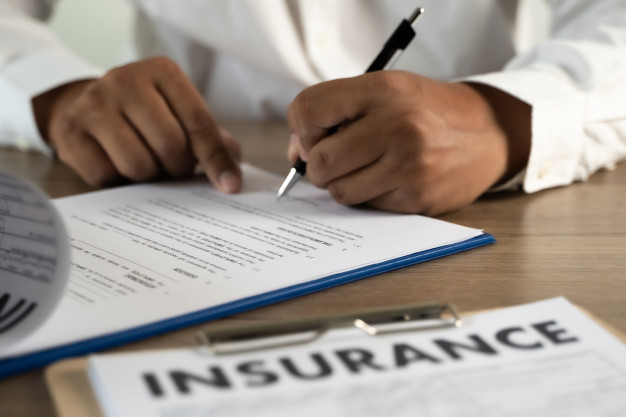When starting a business, make sure to safeguard your new endeavor as well as the work and money you’ve put into it. You may shield your assets from business debts and liabilitiessimply establishing a business or forming a limited liability corporation (LLC). However, getting the right sort and amount of business property insurance is another important layer of defense. This post will explain the many types of business insurance plans accessible to you.
What are the different sorts of policies?
There are several forms of company insurance that give various levels of protection. Damages to your business’s site (factory, office, etc. ), cars, equipment, and inventory are all covered. There’s company insurance to safeguard you from damages causedcrimes like theft or employee fraud. Employment practice liability insurance comes in various forms to protect your organization in the case of a lawsuit. Company insurance will also cover you if you have to take a long time off due to illness.
What are the broad classifications?
There are four different types of business owners policy insurance:
Umbrella insurance for businesses. Covers losses that exceed the limits of other insurance or policies. In addition, an umbrella policy may provide coverage for damages not coveredthe different policies.
Automobile insurance for businesses. Provides coverage for losses incurredcars used for commercial reasons. Like automobile insurance Charlotte NC, comprehensive coverage compensates for vehicle damage causedfire or theft; collision coverage pays for losses causedaccident, and liability policy protects you if you are sued for an accident involving a business vehicle.
Liability insurance for businesses. When the insured is legally accountable, it provides coverage to compensate for physical injury or property damage.
Property insurance for businesses. Reimburses any insured party that has incurred a financial loss due to property damage or destruction (personal property, buildings, land, etc.).
Disability insurance, group life insurance, group health insurance, business interruption insurance, workers compensation insurance are some of the various forms of company insurance coverage available.
Choosing the proper deductibles and limitations
After you’ve decided on the proper sort of coverage for your company, you’ll need to decide on the practical limits and deductibles. These factors can have a significant impact on the rates you pay:

Consider these factors before starting a home-based business. Instead of purchasing a separate business insurance policy, small home-based business owners can typically add a rider to their homeowner’s policy. Consult an insurance professional about your specific situation to discover what is best for you.
Examine the specifics. Although various carriers’ policies may have the same name, they do not offer the same coverage. Make sure you understand what is and isn’t coveredeach insurance.
Get the most coverage at the lowest cost. Get several quotes from reliable carriers and independent insurance brokers and compare them. Quotes can be obtained either online or in person. Whether you’re a member of a trade group, ask if they have a preferred insurance carrier. It’s also a good idea to speak with other company owners to determine who offers their insurance and whether they’re happy with it.
Identifying similar components and excluding them
Make sure you understand what different plans will cover before selecting the type of coverage for your company. Here are some examples of frequent features and exclusions:
Property insurance is distinct. Single insurance may provide comprehensive general liability coverage (for damages to others in the form of human injury and property loss) and separate coverage for damage to the insured’s personal property. Note that comprehensive general liability insurance does not cover damage to the insured’s private property. For the insured’s property to be protected, property insurance must be included in the policy.
Data is a type of property. Harm to another person’s property may be covered only if the property is “tangible” and the damage is “physical.” Whether computer data is “tangible” or capable of “physical” harm is a point of contention. Ensure you know what your policy covers if you supply computer gear, software, or programming services.
Advertising, intellectual property, and so on. In the past, full insurance would include coverage for personal harm to others causedunfair business practices, trademark and trade name infringement, patent, copyright, invasion of privacy, defamation, slander, and libel. However, trademark and trade name infringement, patent, and copyright have recently been excluded from coverageinsurance providers. They’re also defining “advertising” very narrowly to limit or reject coverage. Check for this sort of coverage in any proposed comprehensive general liability insurance.
Damages that are expected or planned. The insured’s damages subjectively “anticipated or intended” are not covered under the best homeowners insurance in NC. Courts have decided that proving that a “reasonable person” would have predicted the outcome is insufficient for an insurance company to refuse a claim. Instead, the insurance company must demonstrate what the insured person was thinking at the time, which is a difficult task.

